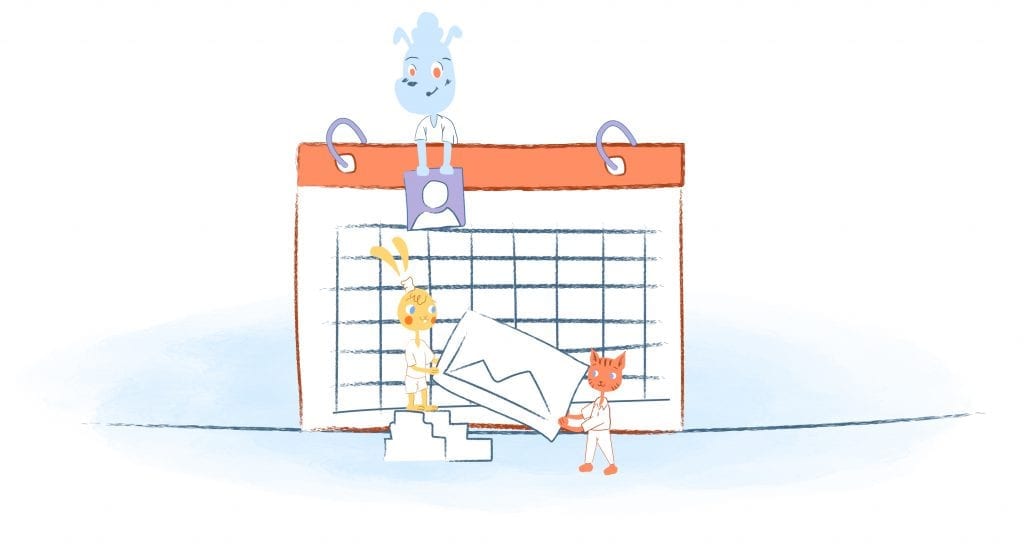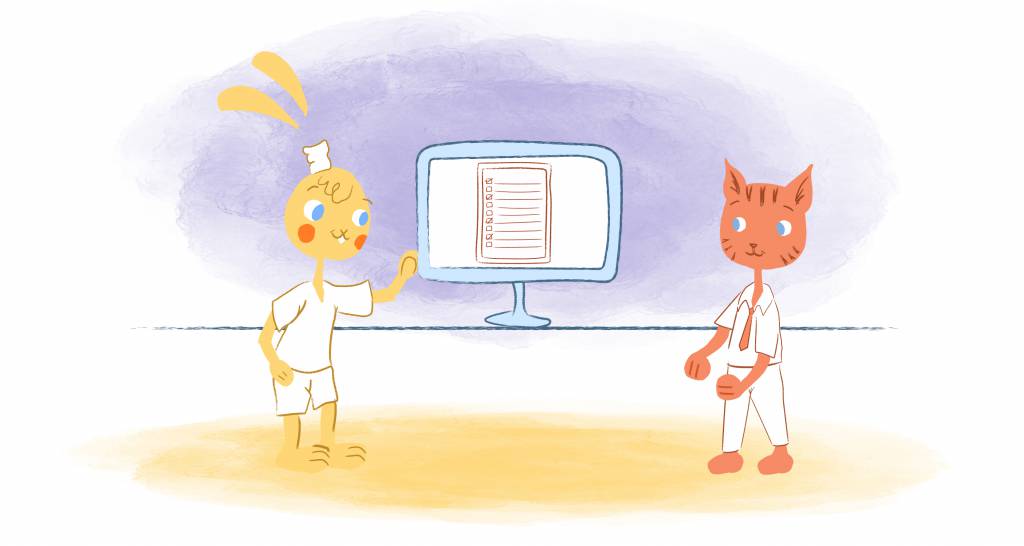

Flexible schedules are all the hype these days. Most people would welcome the opportunity to set their own schedule and work whenever they want.
This is one of the key benefits of being in business for yourself. It’s a leading reason why more and more people are leaving their 9-5 jobs to start freelancing or a business that allows them to do work they enjoy. If you don’t like your schedule, having a career that permits flexible work can definitely help you gain back more time to spend with family, get more things done around the house, and enjoy some much-needed rest.
However, too much flexibility can be dangerous because it does have its drawbacks. The more flexibility you have in your day, the more pressure you might feel to get things done. Here are _ reasons why too much flexibility in your schedule is dangerous along with tips to help you manage your schedule the right way.
1.Lack of Organization
If your schedule is too flexible you have a hard time getting organized and prioritizing. Your schedule needs to be somewhat predictable. Or else, it will be really hard to tell when you’re available to work on certain projects and what you need to do in the first place. You don’t want to miss meetings and deadlines due to lack of organization and a weak scheduling system.
Instead, narrow down your availability and stick to it. Make sure you’re scheduling in enough time for work and winding down so you can stay organized and save in the long run.
2. Easier to Procrastinate
When your schedule is too flexible, it’s easier to get into a habit of procrastinating. If you push one thing off to do later, that may be fine in the moment. It becomes a problem when you start doing it every day multiple times per day.
For example, if I pushed off some of my work in the morning to attend an event, I’d be stuck doing it later. For me, working during the afternoon or evening is not always ideal because it’s often the time of day when I feel least productive.
If I switch around my schedule and push off work too often, I’ll be left with no other option than to procrastinate to get things done. Feeling this pressure is unnecessary when you’re self-employed because you have the freedom to work when you feel most motivated and productive.
3. Opens the Door For Others to Disrespect Your Time
If others see that you there’s too much flexibility in your schedule, they may start to take advantage of it. Don’t be surprised if you start getting requests to run errands or receive unnecessary meeting invites. Aside from the fact that we can be our own worst enemy when it comes to giving in to distractions, other people can contribute to this as well.
Set specific work hours and build your calendar based on the schedule you give yourself. Don’t leave things open-ended o allow other people to create your schedule for you.
Set expectations with others so they know what you’re prioritizing as well as what you will and won’t be able to do.
4. Creating a Feast or Famine Work Situation
One of the major downsides of being self-employed is that your income can vary. Most freelancers and business owners learn to deal with this. You can simply save up a large cash buffer to help you get through the lean months and create a bare-bones budget so you know the minimum amount you need to earn to get by. However, when the ‘famine’ stage occurs more than the ‘feasting’ does, you may want to start regulating your schedule.
Don’t be afraid to pick up more clients who will offer you consistent work and start securing long-term contracts for your business. Sure, your schedule may not be as flexible as it could be, but your income won’t have to suffer either. This layer of predictability can provide you with more security all around.
5. Less Time Off?
Just because you have a flexible schedule doesn’t mean you’ll automatically get more time off and have a better work-life balance. I know plenty of people who set their own schedules and work way more than full-time employees. If you’re a workaholic, having too much flexibility in your schedule could just pressure you to squeeze in more work hours. Mind you, these may not even be productive work hours.
Overworking yourself is almost never a good thing because it leads to burnout and you stop being so efficient as time goes on. You may think you’re getting more done by logging more hours but when you may just be wasting time and energy. When I first quit my job to work for myself. I thought I was going to have all this extra time to spend with my family and work on things around the house. My schedule quickly began to consume me and it was hard to put the computer down and disconnect from work.
It’s important to give yourself a schedule that allows some room for downtime. Wake up early or stay up late if you need to, but avoid doing both. Schedule vacations and off days to reward yourself after crossing some important tasks off your list. Also, set boundaries so you know when it’s time to put work away for the day and feel confident in your decision.
Flexible Hours Won’t Solve Anything
While there is probably tons of research out there to state that a flexible work schedule can help reduce stress and allow you more freedom to spend with loved one and pursue your passion, there’s also some risk involved.
Flexible hours won’t solve every work and scheduling issue you have and having too much flexibility in your schedule is dangerous as we mentioned here. So what can you do? You can start by setting ideal work hours for yourself each day to ensure you adapt to a routine.
These can be early morning hours, late hours, or even a split shift. It’s your choice. Prioritize what you want to focus on, communicate with team members and the people in your life, then schedule in breaks and downtime.
Don’t forget to know when it’s time to call it quits for the day.
Do you struggle with having a flexible schedule at all? Why or why not?











Choncé Maddox
Choncé Maddox is a professional writer who recently left her job in the web design industry to produce killer content and manage her own writing business full time. She is passionate about helping entrepreneurs be more productive and create a life they love by doing fulfilling work. On the side, she runs a podcast and blogs about getting out of debt at MyDebtEpiphany.com.